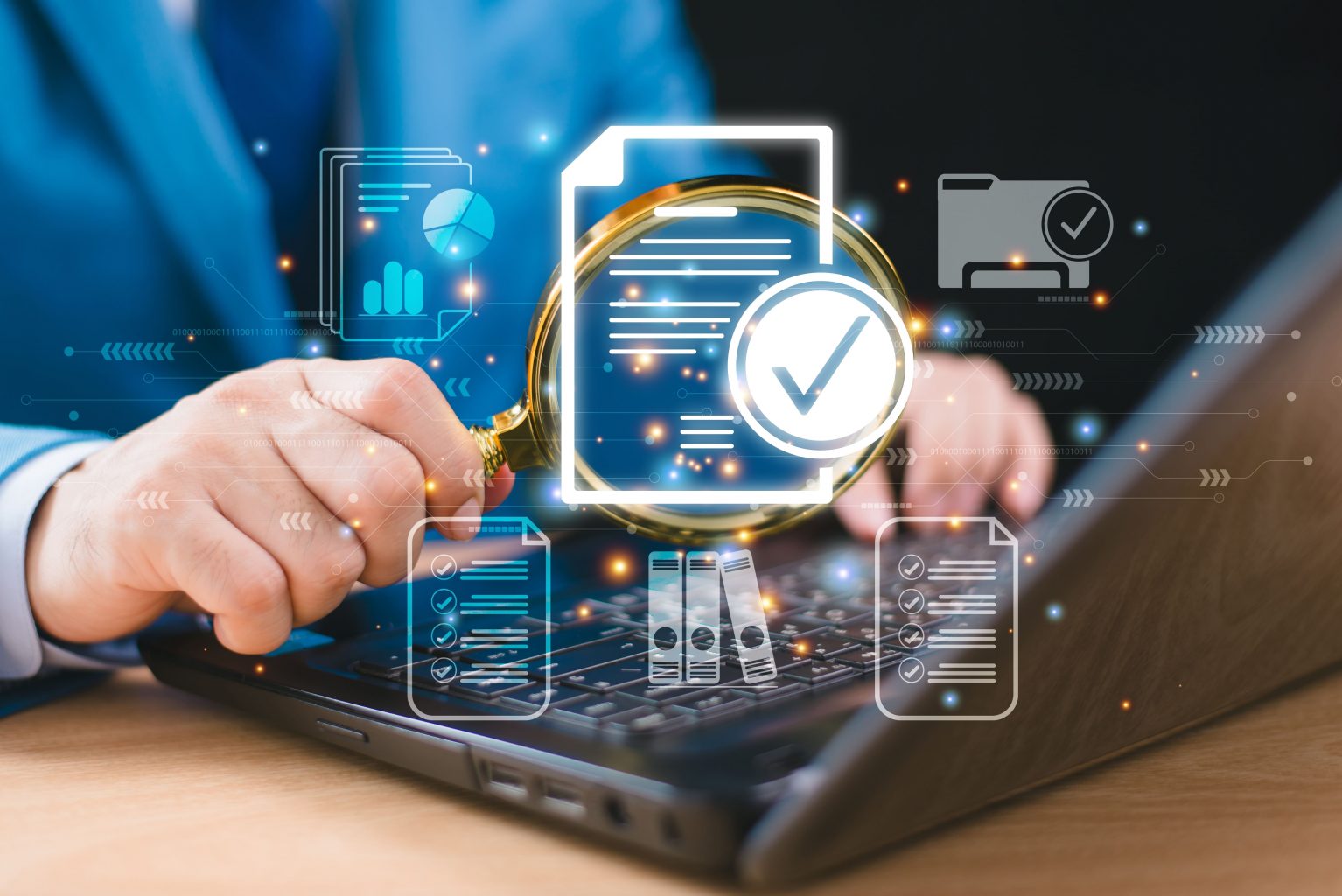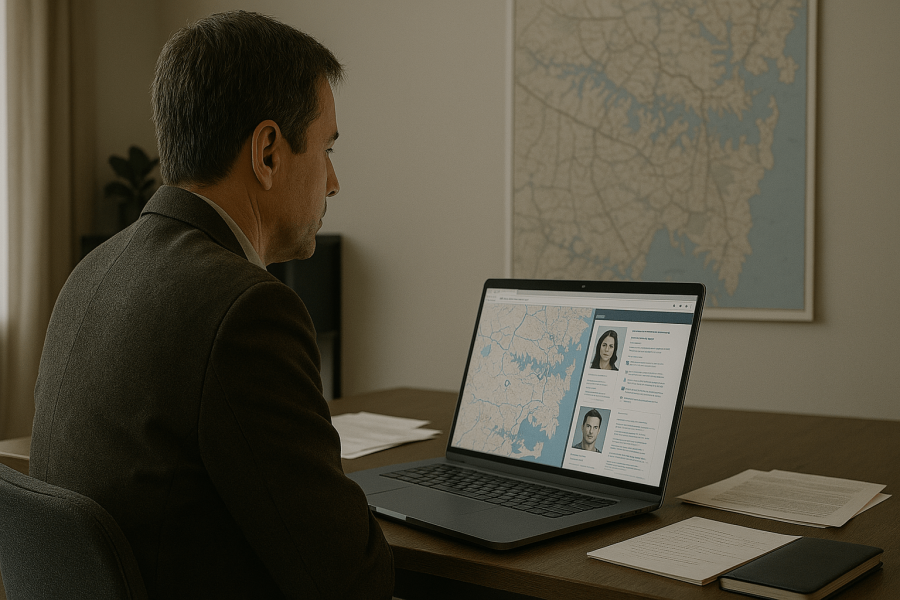Employee fraud and theft poses a significant challenge for businesses in Sydney and across Australia. Private investigators play a crucial role in detecting and preventing internal threats, safeguarding companies’ assets and reputations.
Understanding Employee Fraud and Theft in the Workplace
Common Types of Internal Fraud
Fraud manifests in various forms within the workplace, and is often an exploitation of the trust that exists between the employer and the employee. Common types include:
- Asset Misappropriation : Employees stealing or misusing company resources, such as inventory theft or fraudulent expense claims.
- Payroll Fraud : Falsifying timesheets or creating ‘ghost’ employees/contractors to siphon funds.
- Financial Statement Fraud : Manipulating financial records to present a misleading picture of the company’s financial health.
- Procurement Fraud : Colluding with suppliers for kickbacks or inflating invoice amounts.
While employees are a company’s greatest asset, they can also become its greatest liability if they engage in fraudulent activities or negligence that enables fraud.
The Cost to Australian Businesses
Employee fraud and theft can have substantial financial repercussions for Australian businesses, especially in the retail and finance sectors. In retail, internal theft makes up to 24% of all crime and typically costs three times as much to the employer as external theft. The financial sector sees the largest losses—over the last decade, studies uncovered 102 employee theft cases in Australia that exceeded $1 million, totalling over $305 million in stolen funds. Alarmingly, most of the fraud cases went undetected for five years or more.
How Private Investigators Help Uncover Internal Theft
Surveillance, Interviews, and Background Checks
Private investigators employ a range of techniques to detect and document fraudulent activities including:
- Surveillance: Monitoring employees suspected of misconduct, sometimes extending outside the workplace to identify dealings in stolen property.
- Interviews : Conducting interviews with witnesses and involved parties to gather insights and evidence.
- Background Checks : Investigating employees’ histories to uncover past fraudulent behaviour, financial difficulties or undisclosed conflicts of interest.
- Covert Surveillance Cameras : Installing hidden cameras, where legally permissible, to capture illicit activities within the workplace.
- Computer Forensics : Analysing digital records to detect unauthorised access, data manipulation, or deletion.
The choice of method depends on the specific circumstances and nature of the suspected fraud.
Gathering Legally-Admissible Evidence
As licensed investigators, we ensure that evidence collected Is gathered lawfully and is as objective and detailed as possible. We are often able to gather evidence that is admissible in legal proceedings. Our findings have been used thousands of times in court hearings and legal settlements.

Preventative Measures and Ongoing Monitoring
How Security Audits Can Reduce Risk
Proactive security audits are vital in identifying and mitigating potential vulnerabilities within an organisation. While it’s hard to put an exact number on it, many businesses find that investing in risk assessment early can lead to significant long-term savings. After all, there’s a reason why Australian organisations are set to spend $6.2 billion on security and risk management in 2025.Key preventative measures include:
- Employee Background Checks: Thorough vetting during the hiring process to ensure candidates’ integrity.
- Security Risk Assessments : Regular evaluations to identify and address potential security threats and risks to stock/intellectual property/infrastructure.
- Bug Sweeps : Detecting unauthorised surveillance devices that could compromise sensitive information.
- Access Control Systems : Implementing robust mechanisms to restrict unauthorised entry to sensitive areas.
- Surveillance Cameras : Strategic placement of cameras to monitor activities and deter potential misconduct.
These proactive steps significantly reduce the risk of theft, fraud, and other unethical behaviours.
Educating Staff and Setting a Zero-Tolerance Culture
Establishing a zero-tolerance culture towards fraud and misconduct is essential. This involves:
- Regular Training : Educating employees about ethical standards, fraud awareness, and reporting mechanisms.
- Clear Policies : Developing and communicating comprehensive policies outlining acceptable behaviour and consequences of violations.
- Open Communication : Encouraging employees to report suspicious activities without fear of retaliation.
With the right structures in place, fostering an ethical workplace culture becomes more manageable.
When to Bring in a Professional Investigator
Assessing and Mitigating Workplace Risks
Every business in Australia should consult an investigator or security professional to identify existing risks and implement preventative measures. While security measures are proactive investments yielding long-term benefits, investigations are typically reactive, addressing issues after they arise. Integrating both approaches ensures a comprehensive strategy against internal threats.
Red Flags Employers Shouldn’t Ignore
Employers should remain vigilant for common indicators of internal fraud, including:
- Unexplained Financial Discrepancies : Irregularities in accounting records or missing funds.
- Excessive Secrecy : Employees unwilling to share job-related information or resisting oversight.
- Lifestyle Incongruence : Staff displaying lifestyles inconsistent with their known income.
- Frequent Complaints : Regular grievances from customers or vendors about billing or service issues.
- Performance Issues : Employees who are busy engaged in improper conduct may not be performing their normal duties in an acceptable manner.
Recognising and addressing these red flags promptly can prevent more significant problems down the line.
Confidentiality and Professional Discretion
Engaging a professional investigator ensures that sensitive matters are handled with the utmost confidentiality and discretion. Reputable firms prioritise client privacy, maintaining trust and integrity throughout the investigative process. By leveraging their expertise, businesses can not only detect and address internal threats but also implement strategies to prevent future hardship.



